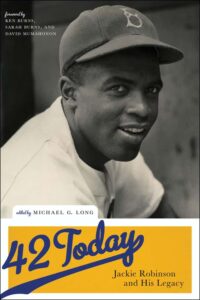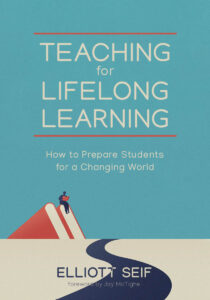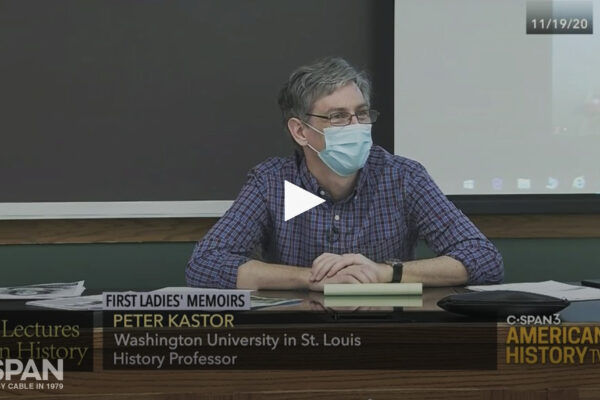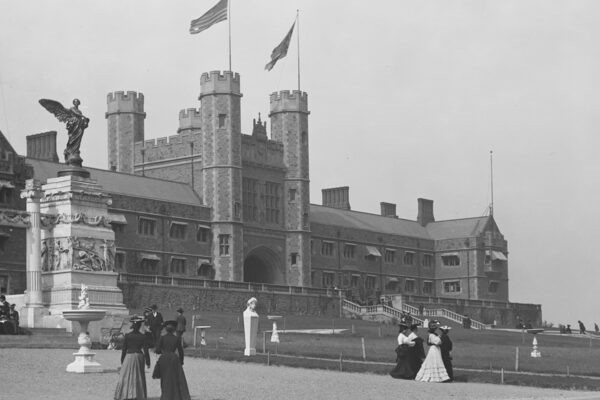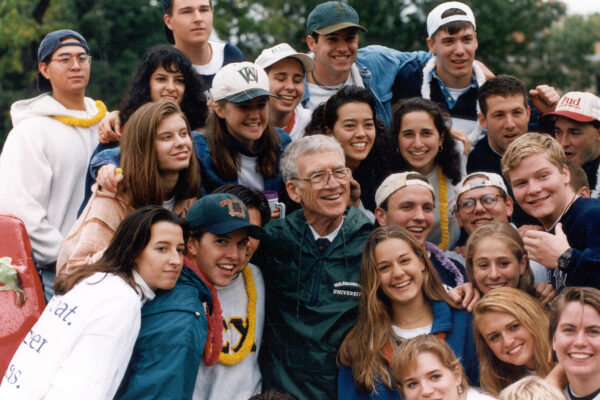WashU Expert: Did 9/11 ‘change everything’?
For years after the World Trade Center collapsed, it became common to hear that “9/11 changed everything.” Yet the phrase is ripe for historical analysis, said Krister Knapp, teaching professor and minor adviser in history in Arts & Sciences.
WashU Expert: There is no end to forever
The swift fall of Afghanistan to the Taliban apparently signals the end of a nearly 20-year conflict. But is it, asks Krister Knapp, a teaching professor of history in Arts & Sciences at Washington University in St. Louis. Or is this simply the beginning of the next chapter of U.S/Afghan entanglements?
WashU Expert: Play it again, Uncle Sam
Rick and Ilsa, “Casablanca’s” ill-fated lovers, will always have Paris. Uncle Sam will always have Kabul. And Saigon. And Baghdad. In the long-running tragedy of American foreign entanglements, Uncle Sam has become less a hapless romantic idealist and more a cynical “love ’em and leave ’em” serial abuser, says veteran filmmaker Richard Chapman.
Electrifying Mexico
Technology and the Transformation of a Modern City
Many visitors to Mexico City’s 1886 Electricity Exposition were amazed by their experience of the event, which included magnetic devices, electronic printers, and a banquet of light. It was both technological spectacle and political messaging, for speeches at the event lauded President Porfirio Díaz and bound such progress to his vision of a modern order. […]
42 Today
Jackie Robinson and His Legacy
New collection explores Jackie Robinson’s compelling and complicated legacy Before the United States Supreme Court ruled against segregation in public schools, and before Rosa Parks refused to surrender her bus seat in Montgomery, Alabama, Jackie Robinson walked onto the diamond on April 15, 1947, as first baseman for the Brooklyn Dodgers, making history as the […]
Teaching for Lifelong Learning
How to Prepare Students for a Changing World
In Teaching for Lifelong Learning, teachers discover how to shape students into curious and independent thinkers.
Kastor featured on C-SPAN’s ‘Lectures in History’
Peter Kastor, the Samuel K. Eddy Professor and chair of history in Arts & Sciences, was featured on C-SPAN’s “Lectures in History.”
What’s in a name?
Find out how Washington University got its name, and learn more about its founding, its mission and some of its pivotal leaders over the years.
Begin with love: A remembrance of Chancellor Bill Danforth
Professor Emeritus Wayne Fields reflects on the transformative leadership of Bill Danforth.
Remembering William H. Danforth
William H. Danforth (1926-2020) served as Washington University’s 13th chancellor. A man of compassion, Chancellor Danforth touched the lives of countless students, faculty and staff, and he oversaw the university’s rise from a commuter campus to a world-renowned institution.
Older Stories




